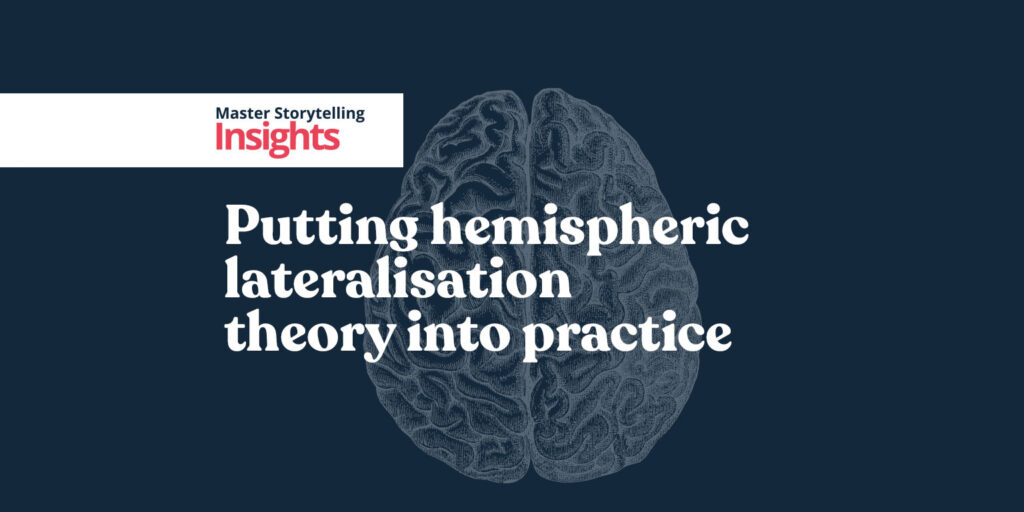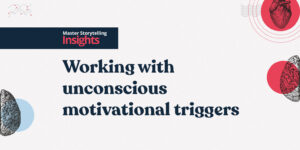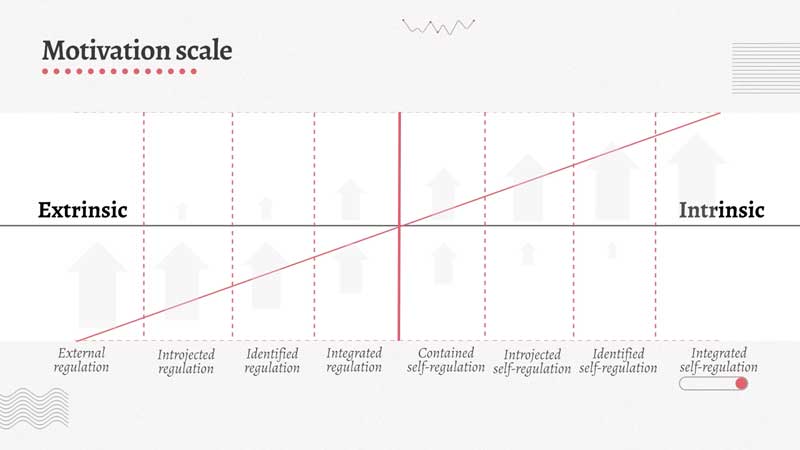Understanding how we think, how we make decisions, how we are motivated, how values drive our behaviours, all make up an essential foundation in which should shape every aspect of our work.
With new insights on how the brain actually works, offered by polymath Dr Iain McGilchrist, he explores how the two hemispheres of the brain actually work. He draws on several fields of study, including literature, philosophy, neuropsychology, psychiatry, theology, plus many other fields, to help give a more rounded insight on how we think and relate to the world around us.
His work offers essential insights for anyone looking to create positive change in the world, and to overcome some of the greatest challenges and obstacles relating to human motivation, long-term engagement, and many other aspescts of what it means to be human.
In this talk, Kieran O’Brien explores some of the profound insights he offers, and how most of our work at Ministory is highly influenced by his insights and the nature of the two hemispheres of the brain.
The full talk is available below.
Insights
- The two hemispheres of the brain don’t do different things, i.e. one is analytical the other is creative, but rather they do all the same things, but differently.
- The left deals with explicit information, the right with implicit – the left with narratives, the right with metanarratives.
- Half of all communications are implicit in nature, and we tend to overlook metanarratives (the implicit) aspect of our work, focussing almost all of our attention on explicit information.
- The result of our over-emphasis on explicit information, is that we tend not to notice when we are engaging with the wrong values, or that we are reinforcing toxic paradigms.
- Without a deeper understanding of how metanarratives work, we tend to lean towards the natural flow state of the left hemisphere, which is an extrinsic flow state. The result is that we tend to build everything we do upon a motivation ‘engine’, which prefers to use extrinsic motivation and extrinsic values and works towards an extrinsic purpose.
- The result of using this ‘engine’ is that we struggle to create long-term and meaningful change on the issues that we care about.
- In some cases, we engage the very paradigm and values which created the problem in the first place. See the link between the marketing paradigm and climate change.
- Using insights from neuropsychology we can start to rebuild new models for our work, including a new motivation model, new values theory, and how to work with metanarratives – the implicit aspect of our work.
- These insights challenge our dominant thinking and assumptions. They make time to learn and embed, but given their potential for bringing about meaningful and lasting change on the issues that we really care about, time and investment into learning these new approaches will pay enormous dividends.
Solutions
This presentation is proposing a new way of thinking about some of our basic assumptions we have around motivation and audience engagement.
- Explore the nature of paradigms, how paradigms shape values and behaviours, and how to escape from paradigm traps. Our online, self-directed training programme Beyond the marketing paradigm covers all these in detail.
- Explore new approaches to motivational theory, and understand the links between the marketing paradigm and extrinsic motivation. Our article Motivational theory and audience engagement can help you get started.
- Start the journey towards becoming a Master Storyteller, where you can develop the skills, insights and techniques to work with metanarratives and the implicit nature of storytelling. Read our article Becoming a Master Storyteller to get started.
- Explore new approaches to motivation through storytelling methodologies. We recommend our full training course below which covers this in detail.
Our full online training course
New training programme.
Become a Master Storyteller with our specialist 13hrs+ online training course
Motivation theory
Explore a new approach to motivational theory and how to work with intrinsic motivational triggers
values theory
Insights into values theory and how to work with the flow of values and their relationship to each other
neuropsychology
Utilising insights on the different values systems of the two brain hemispheres and how to apply them
storytelling
Learn how to become a Master Storyteller, someone who can create powerful metanarratives
Storytelling training programmes.
These online, self-directed training courses are full of specialist insights, toolkits and methodologies that are designed to help you to create meaningful change in your work.





